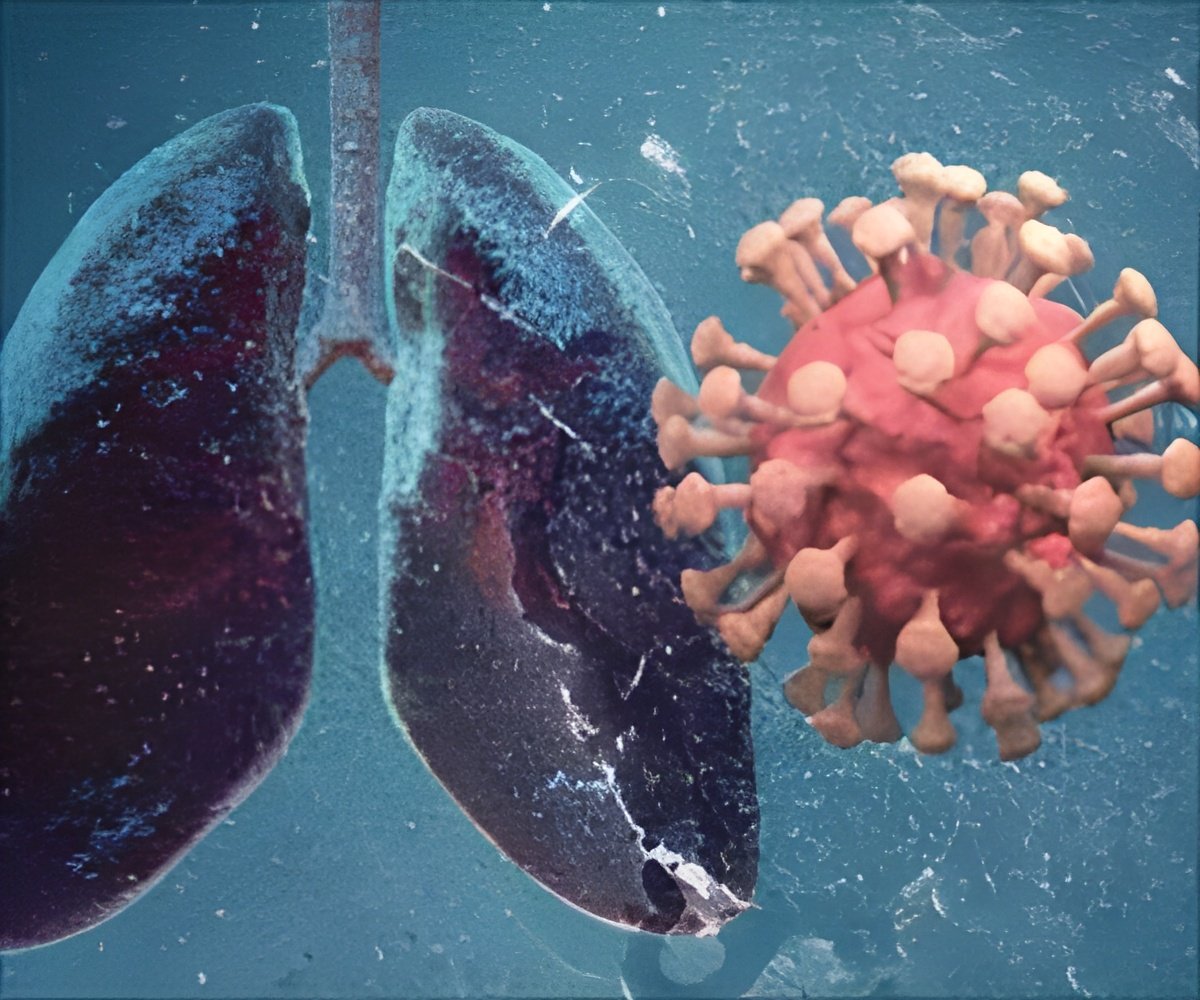The new finding highlights the therapeutic target that could be used to eliminate resistant lung cancer cells remaining after treatment with EGFR TKIs.

‘Targeting CD70 with cell treatments, antibody-drug conjugates can eradicate resistant lung tumor cells.’





“Residual cancer cells left over from TKI treatment are essentially a reservoir from which future resistant cells eventually grow,” Heymach said. “These findings set the stage for a really promising approach in which we may give initial effective therapies and immediately follow them with these CD70-targeting drugs to eliminate the remaining residual cells.”
Lung Cancer Treatment: New Insights
While treatment with EGFR TKIs is effective at killing most cancer cells, a small number of drug-tolerant cells persist. These cells can remain dormant, even invisible, for long periods of time, but they eventually grow and metastasize.Tumor cells can become resistant to EGFR TKIs through several mechanisms, including epithelial-to-mesenchymal transition (EMT). Tumors that have undergone EMT become broadly resistant to most known drugs, leading to a poor prognosis for relapsed patients and underscoring a critical unmet need to understand the mechanisms behind this acquired resistance.
The researchers in the study identified CD70 by conducting an integrated analysis of cell surface proteins in treatment-resistant NSCLC cells. Further investigation revealed that CD70 overexpression was also upregulated on the residual drug-tolerant cells, suggesting that increased CD70 is an early event in the development of resistant disease.
“It was really encouraging to discover that CD70 was upregulated at such an early point in the evolution of drug resistance because it means we can target these cells quickly without needing to wait for them to develop full resistance,” Nilsson said.
Building on this discovery, the researchers demonstrated that CD70 could be used effectively to target these cells both in vitro and in vivo. Anti-CD70 ADCs as well as CD70-targeting chimeric antigen receptor (CAR) T cells and CAR natural killer (NK) cells each had significant anti-tumor activity, eliminating drug-tolerant residual cells in laboratory models.
Advertisement
“We believe that the lessons we’ve learned from EGFR inhibitor resistance may be more broadly applicable, extending beyond these mutations and possibly applying to other tumor types that eventually develop EMT or other types of treatment resistance mechanisms,” Heymach said.
Advertisement
Source-Eurekalert















